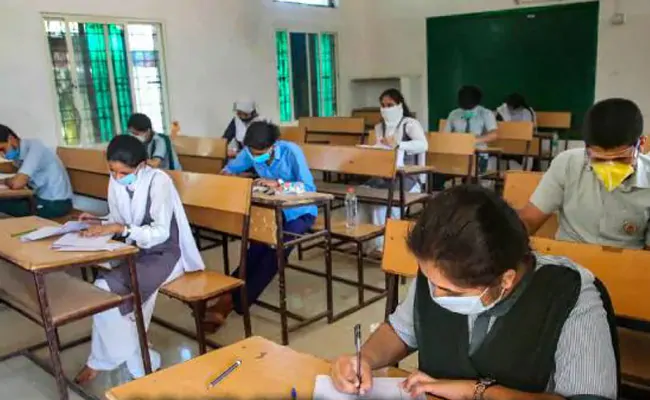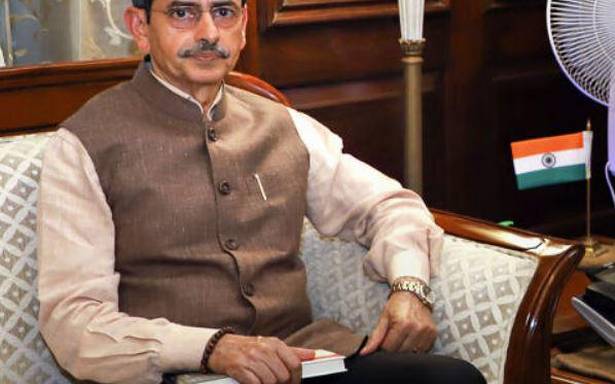New Delhi: The 2021 NEET-PG Superspeciality exam will be held in accordance with the older pattern and the newer one will only be implemented from the 2022/23 academic session, the government told the Supreme Court Wednesday morning.
This comes after the top court criticised the government for being in a hurry to change exam patterns, and for treating young and aspiring doctors as “footballs in the game of power”.
“In deference of your observations, and in the interest of students, the centre has decided the revised scheme will be implemented from 2022. The present exam will be held based on the 2020 scheme,” Additional Solicitor General Aishwarya Bhati told the court.
The exam was originally scheduled for next month but yesterday the government offered to postpone it to January 2022 to allow students more time to prep for the changed format.
The court today gave the government liberty to take a call on the final date of the exam.
The Supreme Court bench led by Justice DY Chandrachud expressed satisfaction with the government’s U-turn on exam pattern and declared it had been “very fair”.
On Tuesday the court lashed out at the government over the change in examination pattern.
“We don’t plan for the future. This is the problem. You (can) change the pattern but not now… would the heavens have fallen if it was done from next year? What would have happened if a year’s time had been given to students to prepare?” the court noted.
A compromise was offered – November’s exam would be postponed to January but be held with the new pattern. Unconvinced, the court once again questioned the need to rush the new pattern through and urged the government to reconsider the issue.
“Changing pattern is domain of experts. Do it in a way experts should do, not in this fashion… The way you are doing it… it will come across as if medical profession has become a business,” it said.
Last week too, the court had rapped the government, warning that it was treating young doctors “as footballs in the game of power” and said “…can’t put doctors at mercy of insensitive bureaucrats…”
The court’s observations came while hearing a plea by 41 post-graduate doctors who had challenged the abrupt changes, contending that this was done to favour general medicine candidates.
The plea said as per the prevailing pattern of examination, 60 percent marks are given on questions from super speciality courses while 40 percent of the marks are given from other courses.
As per a notification issued on August 31 for modifying the pattern of examination, starting this year 100 per cent marks were to be given on questions from general medicines.
The government said the revised pattern was to “save seats wastage”.
“Changes made to exam pattern to bring more flexibility for the students and to ensure that students are tested on the basis of the courses which they already know,” it said.




